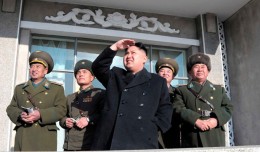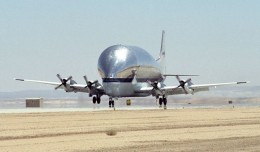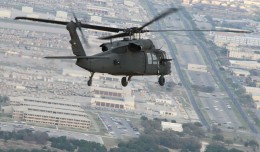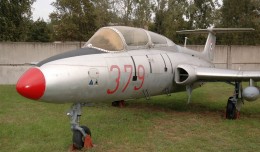North Korea on Wednesday said it successfully launched a long-range Unha-3 rocket and placed a Kwangmyongsong-3 (Bright Star-3) weather satellite into orbit, prompting condemnation from other countries which have described it as a long-range missile test in disguise.
The long-range Unha-3 rocket carrying the Bright Star-3 weather satellite was launched at approximately 9:50 a.m. local time from the Sohae Satellite Launching Station in Cholsan county of North Pyongan province, which is located in the western region of North Korea near the Yellow Sea.
A brief statement from the state-run Korean Central News Agency (KCNA) confirmed the rocket launch and said the weather satellite had successfully entered its preset orbit. Playing celebratory songs, state television announced the news more than two hours after the launch during a special report.
Officials at the North American Aerospace Defense Command (NORAD), which is tasked to prevent air attacks against North America, confirmed that American missile warning systems detected and tracked the missile on a southerly azimuth. It said the missile or the resultant debris was at no time a threat to North America.
“Initial indications are that the first stage fell into the Yellow Sea. The second stage was assessed to fall into the Philippine Sea. Initial indications are that the missile deployed an object that appeared to achieve orbit,” a NORAD spokesperson said in a statement, confirming North Korea’s claims.
The launch drew immediate condemnation from nearby countries, including in South Korea where Foreign Minister Kim Sung-hwan said the rocket launch would leave North Korea more isolated. A spokesman for the Japanese government also condemned the launch, calling it a “provocative and unacceptable act.”
In Britain, Foreign Secretary William Hague said Wednesday’s launch was a “clear violation” of United Nations (UN) Security Council Resolutions 1718 and 1874 as it involved ballistic missile technology. “This provocative act will increase tensions in the region. I deplore the fact that the DPRK has chosen to prioritize this launch over improving the livelihood of its people,” Hague said, referring to North Korea by its official name.
North Korea is banned from conducting missile and nuclear-related tests under UN Security Council sanctions which were imposed after the country carried out nuclear tests in 2006 and 2009.
Hague added that Britain will consult partners at the UN Security Council on its response and summon North Korea’s Ambassador to the United Kingdom. “It is essential that the DPRK refrain from further provocative action and take constructive steps towards denuclearization and lasting peace and stability on the Korean Peninsula,” he said.
Canadian Foreign Affairs Minister John Baird, meanwhile, said the rocket launch demonstrates North Korea’s “willful defiance” of its international obligations. “The regime in Pyongyang is a grave threat to the security and stability of the region and beyond. The rogue regime has once again shown total disregard for its people by choosing to fund military and nuclear programs while the basic needs of the North Korean people go unmet,” he said.
In New Zealand, Foreign Affairs Minister Murray McCully also urged North Korea to abandon its nuclear weapons and missile programs and focus its resources on improving the lives of its people, and engage constructively with the international community. There was no immediate comment from the U.S. government.
It is North Korea’s fifth attempt at a long-range rocket launch since 1998, and Wednesday’s launch appeared to be its most successful one yet as all three stages of the rocket performed as planned. But it is certain to raise tensions in the region amidst concern the technology could one day deliver a nuclear warhead capable of hitting targets as far away as the continental U.S.
The first attempt at a long-range rocket launch happened in August 1998 when North Korea launched an Unha-1 rocket carrying the Kwangmyŏngsŏng-1 (Bright Star-1) satellite, but it failed during the final stage. Other failed attempts took place in 1996, 2009 and in April of this year.
The launch attempt earlier this year also took place at the Sohae Satellite Launching Station in North Pyongan province, but it failed about a minute after take-off and caused debris to land in the Yellow Sea. North Korea announced Wednesday’s new attempt on December 1 and said its technicians had improved the reliability and precision of the rocket.
“Scientists and technicians of the DPRK analyzed the mistakes that were made during the previous April launch and deepened the work of improving the reliability and precision of the satellite and carrier rocket, thereby rounding off the preparations for launch,” a spokesman for the Korean Committee for Space Technology said on December 1.







